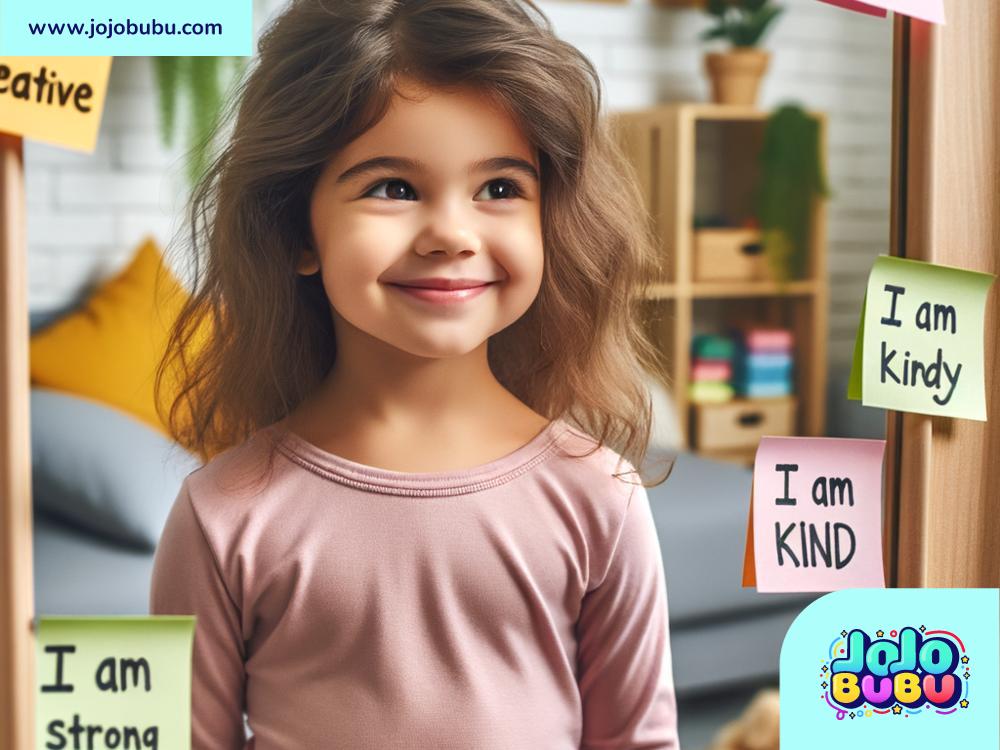Recognizing Your Strengths: A Simple Guide to Understanding Yourself
Every person has unique talents and abilities. Whether you're good at solving puzzles, caring for people, fixing things, or creating art, these strengths are what make you special. Recognizing your strengths is an important step toward building confidence, finding happiness, and living a fulfilling life. It helps you understand yourself better and focus on what you’re good at. In this blog, we’ll explore why it’s important to know your strengths, how to identify them, and ways to use them in your daily life.
Why It’s Important to Recognize Your Strengths
Many of us spend a lot of time thinking about our weaknesses, the things we’re not good at. While it’s helpful to improve, focusing too much on your flaws can be discouraging. On the other hand, recognizing your strengths helps you grow. It boosts self-esteem and gives you a sense of purpose.
Here are a few key reasons why knowing your strengths matters:
-
Build Confidence
When you understand what you’re good at, you feel more confident about your abilities. This can push you to achieve your goals and try new opportunities. -
Make Better Choices
Recognizing your strengths helps you choose activities, jobs, or hobbies that suit your abilities. You’re more likely to enjoy and succeed in things that align with your strengths. -
Solve Problems Easily
When challenges arise, you can use your skills to tackle them. For example, if one of your strengths is creativity, you may be great at thinking outside the box to find solutions. -
Feel Happier and Fulfilled
Doing things you’re good at can bring joy and satisfaction. When you focus on your strengths, you’re using your natural abilities, which feels rewarding.
How to Identify Your Strengths
You might wonder, “What are my strengths?” Sometimes it’s not easy to figure this out, especially if you’ve never thought about it before. However, with a little reflection and observation, you can start discovering your natural abilities. Here’s how:
-
Reflect on Your Past Successes
Think about the times when you’ve felt proud of yourself. What were you doing? What came easily to you? For example, maybe you helped a friend with advice, showing you’re empathetic and a good listener. -
Notice What You Enjoy
The activities you naturally enjoy often reveal your strengths. Do you like organizing things? Maybe you’re great at planning. Do you love making art? Creativity could be one of your key skills. -
Ask Others for Feedback
Sometimes, other people can see things about us that we might overlook. Ask friends, family, or coworkers what they think you’re good at. They might say, “You’re really great at teaching,” or “You always stay calm under pressure.” Their feedback can help you see your hidden abilities. -
Take a Strengths Test
If you’re struggling to figure out your strengths, try taking a quiz or assessment online. Many tools are designed to identify areas where you naturally excel. -
Pay Attention to Your Daily Life
Notice the things you do well and easily throughout the day. For example, do you often cheer people up, fix problems, or think of new ideas? These moments can highlight your strengths.
Examples of Common Strengths
Here are some examples of strengths people often have. Think about which ones might apply to you:
- Communication: You’re good at expressing thoughts and connecting with people.
- Creativity: You come up with original ideas or excel at artistic tasks.
- Problem-Solving: You handle challenges with creative solutions.
- Empathy: You understand and care about others’ feelings deeply.
- Organization: You like planning and keeping things in order.
- Leadership: You guide and inspire others effectively.
- Patience: You’re able to wait calmly and deal with tough situations.
- Physical Strength: You excel in tasks that require energy and effort.
How to Use Your Strengths in Daily Life
Once you’ve identified your strengths, the next step is to make the most of them. Here are some practical ways to do that:
-
Set Goals Based on Your Strengths
Use your strengths to set personal or professional goals. For example, if you’re good at writing, set a goal to write a blog or short story. -
Choose Activities That Highlight Your Skills
Focus on activities where you can shine. If you love helping people, you might volunteer or work in a service-oriented career. -
Keep Learning and Improving
Even if you’re already good at something, you can always improve. For instance, if you’re a great cook, try learning new recipes or techniques. -
Help Others Using Your Strengths
Share your abilities with others. If you’re good at teaching, help a friend learn something new. Helping people feels satisfying and makes you more connected. -
Celebrate Your Wins
Whenever you use your strengths to achieve something, take time to celebrate. It reinforces the idea that your skills have value.
Final Thoughts
Recognizing your strengths is not just about feeling good; it’s about knowing yourself better. Your strengths are your natural gifts, and when you use them wisely, you can create a life full of joy, success, and purpose. Take time to think about what you’re good at, ask for feedback, and start using your skills in meaningful ways.
Remember, everyone has something they’re great at—you just need to find it and embrace it. So, go ahead and shine!

